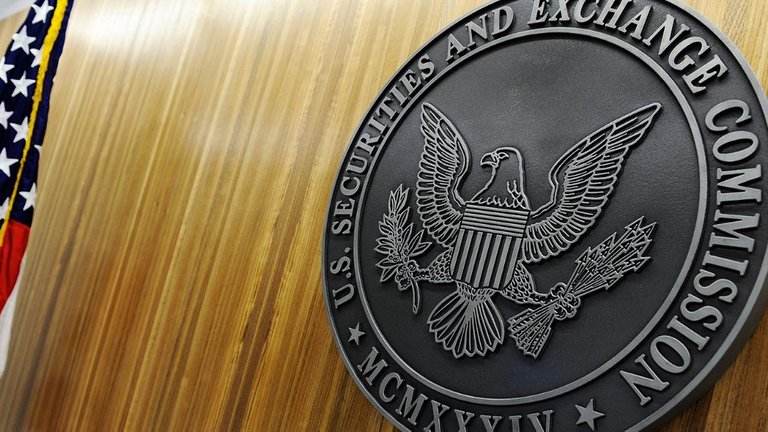The Crypto-community is all too familiar with Bitcoin exchange-traded funds (ETFs) application, and quite probably even more so with its rejection by the U.S. Securities and Exchange Commission (SEC). After the Winklevoss’ ETF Proposal rejection on 26th July 2018, most in the crypto-community were less than enthusiastic, rather confidently pessimistic, of the chances of the proposals by ProShares, Direxion, and GraniteShares.

And almost like clockwork, and unsurprisingly so, all the ETF Proposals by the above three (9 ETF Proposals/Applications in total) got rejected on the 22nd of August, 2018.
Without going through the legal jargon-ladened orders by the SEC, let’s consider the positives from an otherwise negative result [full grounds of the orders are link below for those interested]. In all three rulings, the SEC noted the same thing, that is:
Although the Commission is disapproving this proposed rule change, the Commission emphasizes that its disapproval does not rest on an evaluation of whether bitcoin, or blockchain technology more generally, has utility or value as an innovation or an investment.
Rather, the Commission is disapproving this proposed rule change because… the Exchange has not met its burden under the Exchange Act and the Commission’s Rules of Practice to demonstrate that its proposal is consistent with the requirements of the Exchange Act Section 6(b)(5), in particular the requirement that a national securities exchange’s rules be designed to prevent fraudulent and manipulative acts and practices. Among other things, the Exchange has offered no record evidence to demonstrate that bitcoin futures markets are “markets of significant size.”
That failure is critical because, as explained below, the Exchange has failed to establish that other means to prevent fraudulent and manipulative acts and practices will be sufficient, and therefore surveillance-sharing with a regulated market of significant size related to bitcoin is necessary to satisfy the statutory requirement that the Exchange’s rules be designed to prevent fraudulent and manipulative acts and practices.

Why is this important?
It is pertinent to know and understand why this particular paragraph is important as shows, subtly, the true nature of the rejection or disapproval of the relevant ETFs. The SEC has clearly put at the forefront that the disapproval had nothing (or very little) to do with Bitcoin as an investment or the Blockchain as an item of innovation, but rather because the applicants, or proposers, had failed to satisfy the test under the Act (and other relevant legislations).
Legally speaking, applications and proposals may, and often do, fail due to technical reasons, such as failure to satisfy a certain threshold or test, fixed by legislation or made to be precedent by case authorities. It does not necessarily mean that the subject matter is rejected and/or looked upon unfavorably, and people should not take that to be the case, especially when accompanying news are mostly positive — blockchain is heading in the right direction, we know that for sure.
In essence, the disapproval or rejection rested on the proposers’ failure to meet the standard or threshold under Section 6(b)(5) of the Securities Exchange Act [linked below for you legal eagles].
A Review?

However, about only a day after the rejection, CNBC reports that the SEC will review the decision it says was made by its staff (we’re not entirely sure who, or how many staff they have they are able to pass such a decision).
It is reported that the four commissioners of the SEC will review the aforementioned decisions and that the same will be stayed pending the review by the Commission. However, no timeline has been placed on the said review.
Hester Peirce’s revered. What next for Cypto?
Hester Peirce has a good name in the crypto community for being a subtle advocate for bitcoin (and indirectly blockchain and cryptocurrency) by being the only commissioner under the SEC to dissent the rejection of the Winklevoss’ ETF Proposal and further warned the SEC to be minded of its role and that it is “…not to be the ones who decide which innovations and which technologies get through and which ones don’t”. She further went on to add that the rejection of the ETFs may very well harm investors as it deprives them of the investment opportunity.

While this may not mean that the ETFs will be approved or that the waters are clear for Bitcoin to launch on another “moon-landing”. But I for one am bullish for Bitcoin, and for Crypto. And I think you should be too.
Cheers.